Parted! The crisis of Ivanovich's marriage with Schweinsteiger
In April 2025, the German media broke the news that former football superstar Schweinsteiger and tennis star Ivanovic had separated. Their story is not only the end of a marriage, but also reflects the fragility and complexity of contemporary love under the pressure of reality.
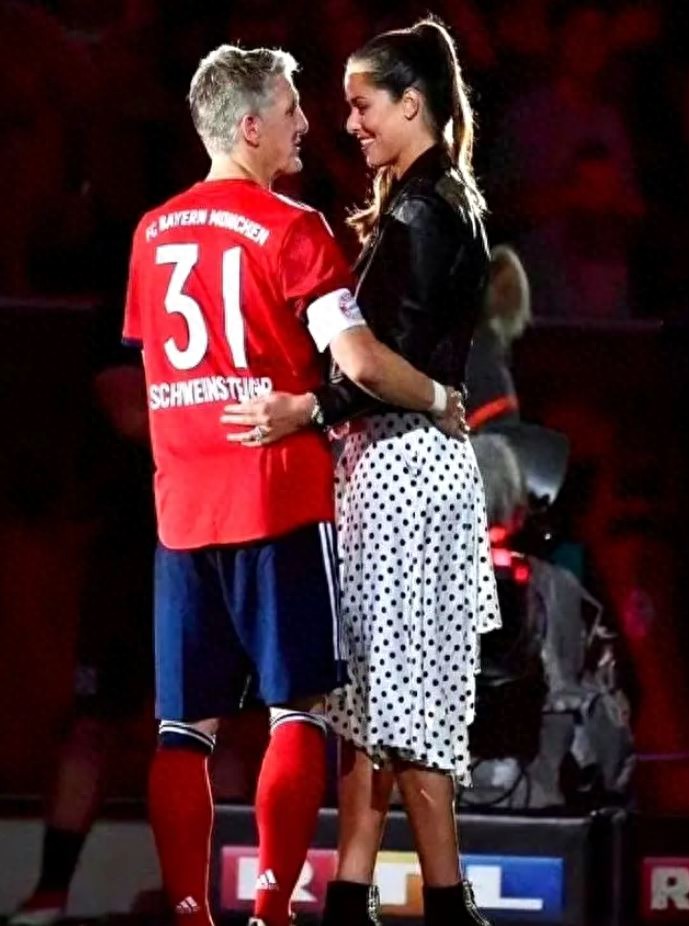
Schweinsteiger and Ivanovic's love affair began in 2014 at a charity event, and the two quickly rose to prominence due to their athletic achievements and public image. In 2016, they held a grand wedding in Italy, had three children after marriage, and frequently appeared at the Oscars, Laureus Sports Awards and other occasions, becoming the perfect companion for commercial endorsements and media lenses. However, this seemingly unassailable marriage quietly collapsed in early 2025. According to German media reports, the two have been separated for two months, Ivanovic returned to Belgrade, Serbia with his three children, and lived in an apartment of about 100 square meters, while Schweinsteiger is based in Munich, Germany for work.
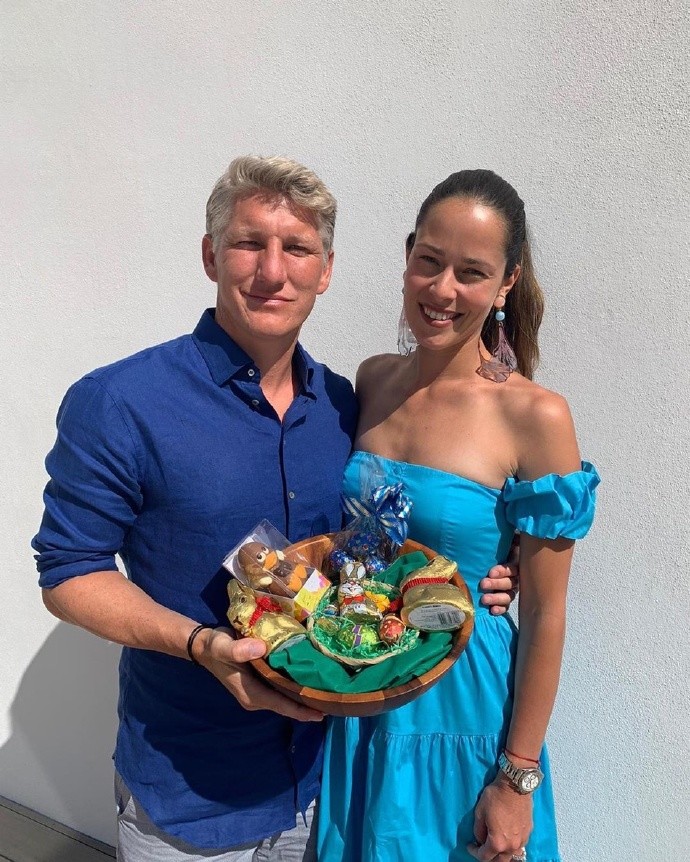
Schweinsteiger turned into a football commentator after retiring from the game, and the nature of his frequent business trips forced him to stay away from his family for long periods of time; Ivanovic retired from tennis to become a stay-at-home mother, taking on the responsibility of educating and living her three children. The geographical separation prevents the two from sharing the bits and pieces of their daily lives, and the emotional bond gradually loosens. Neighbors revealed that Ivanovic is known for her "kindness" in her Belgrade neighborhood, but behind that praise is the reality of coping with parenting stress and emotional loneliness alone.
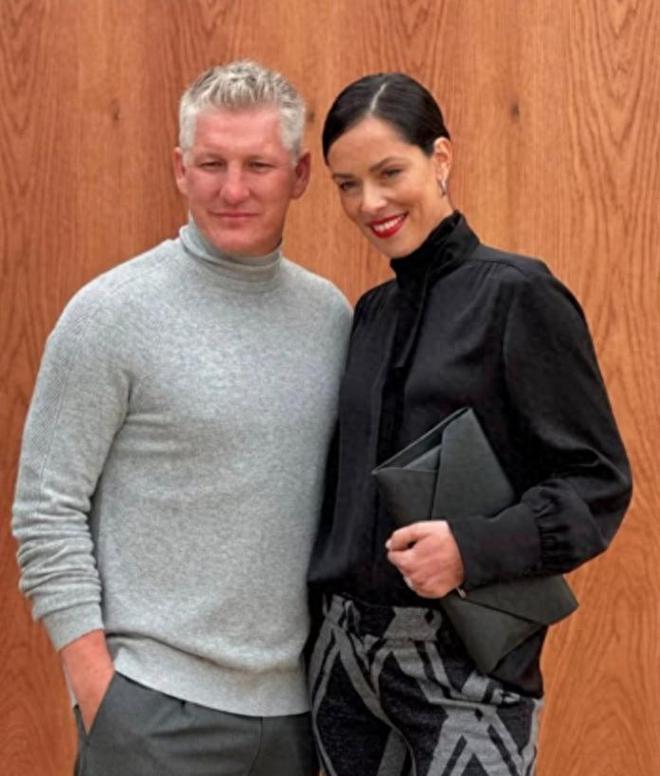
Ivanovic was once the world number one in tennis and had a commercial value on a par with Schweinsteiger, but after marriage, she chose to focus on her family and sacrifice her personal career development. This traditional family division of labor is increasingly challenged in contemporary society, especially when one partner is absent for a long time due to professional needs, and the other party's contribution may be taken for granted, which can lead to psychological imbalance. Schweinsteiger's career transition (from player to media person) has also exacerbated the misalignment of their identities, and the contradiction between family responsibilities and personal values has gradually surfaced.

The complexity of transnational marriages becomes further apparent after separation. Ivanovic chose to return to Serbia, while Schweinsteiger remained in Germany, and the differences in custody and property distribution between the two legal systems may become the focus of future disputes. In addition, the collision of the traditional family concept in Eastern Europe and the modern marriage concept in Germany also makes it difficult to reconcile the contradictions between the two.
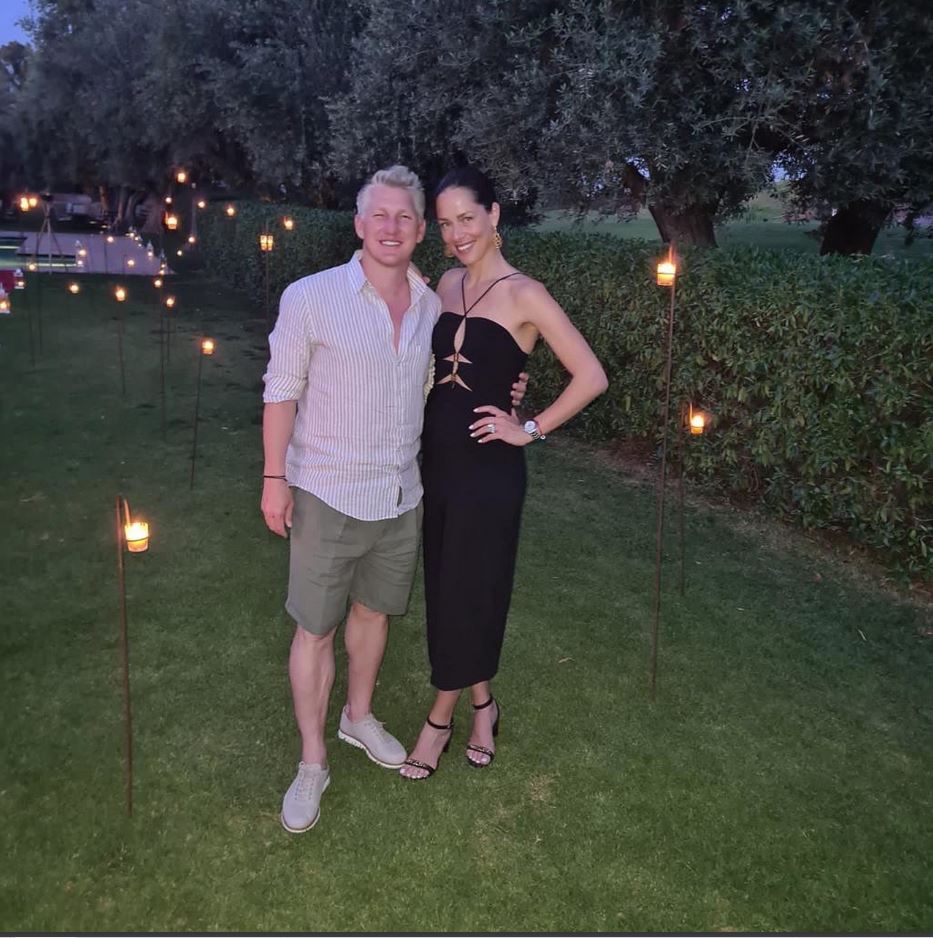
The reason why the couple's breakup caused a shock to the outside world stemmed from the public's obsession with "perfect love". They have used social media and business partnerships to create an image of a "flawless marriage", but their private emotional detachment is masked by a glossy appearance. This phenomenon reflects two extreme attitudes towards love in contemporary society: on the one hand, the desire for an idealized relationship with a "soul mate", and on the other hand, the difficulty in accepting the real price behind it.
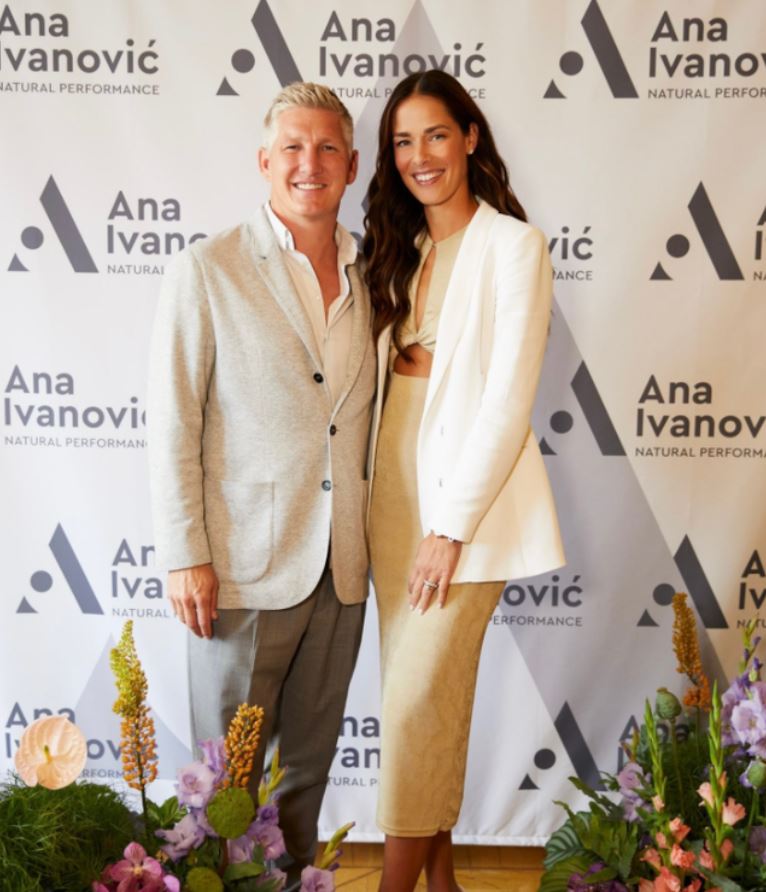
Psychological research has shown that the hormonal effects of passion usually last for six months to three years, after which relationships need to be maintained by intimacy and commitment. Schweinsteiger and Ivanovich maintained their emotional heat through joint activities in the early years of their marriage, but with the intensification of parenting pressure and professional separation, the two failed to complete the transformation from "romantic partners" to "life comrades". German law requires couples to live apart for one year before they can divorce, further exposing their dilemma of not being able to bridge their differences through communication.
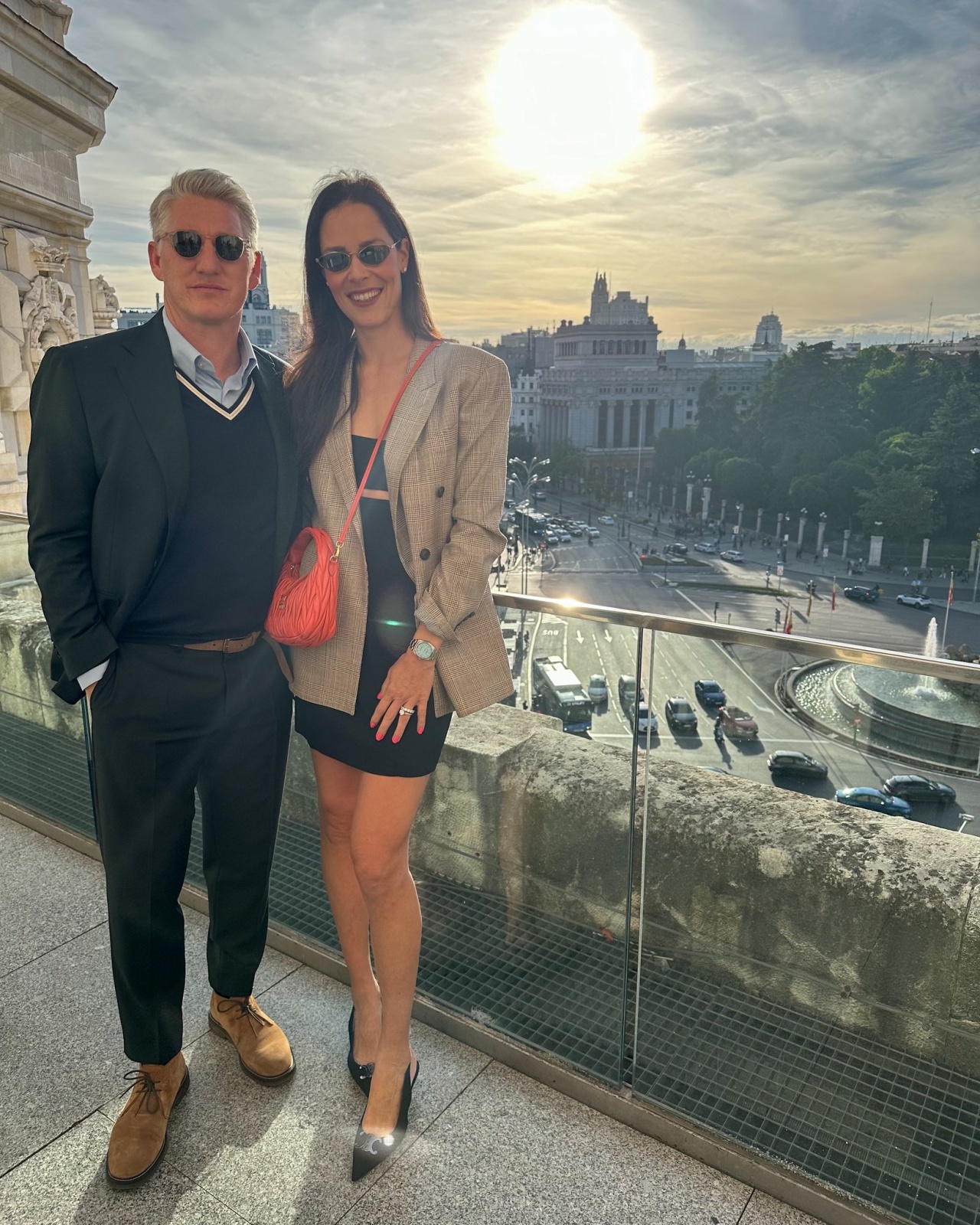
True love is often embodied in the persistence of trivial daily life. Ivanovic was still described as "kind" by neighbors after the separation, suggesting that she might have been engaged in emotional labor for a long time (e.g., maintaining community relationships and caring for children), and Schweinsteiger's absence made this one-sided effort unsustainable. The essence of love is not a vow in the spotlight, but a "choice day by day" – choosing to listen, tolerate, and grow together.
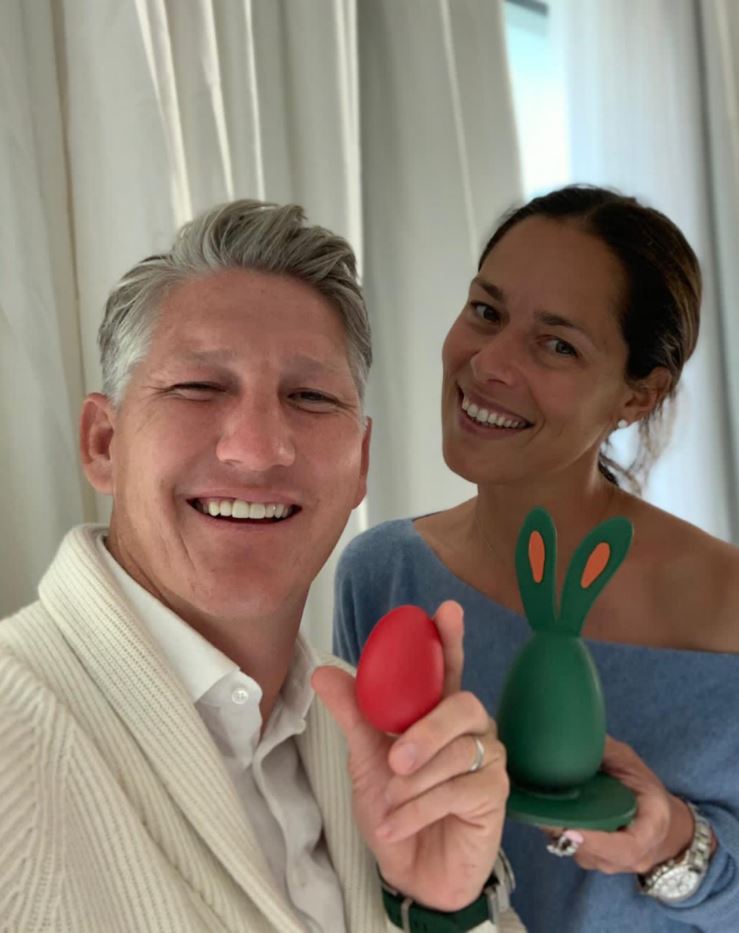
After the news of their separation broke, the two did not publicly accuse each other, but remained silent. This restraint may be a sign of respect for past feelings, and it also confirms that "letting go is a sign of deep love". As the philosopher said, the highest state of love is not possession, but the fulfillment of the other's freedom and happiness.
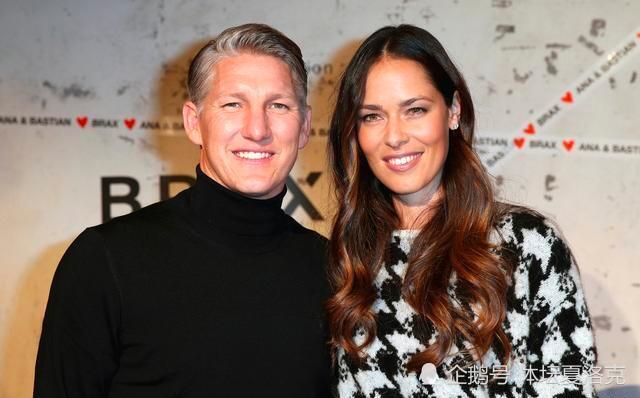
The case of Schweinsteiger and Ivanovic reveals a common dilemma in contemporary marriage: how to balance career pursuits with family responsibilities in an age of individualism? When intimate relationships encounter structural pressures (e.g., cross-border separation, career transitions), how can individuals reconstruct emotional bonds?
Society often uses "longevity" as a sign of successful marriages, but healthy intimacy is about quality rather than duration. The separation of the two may be a kind of stop-loss to avoid the complete collapse of the relationship in indifference. Ivanovic's transition from "tennis queen" to "single mother" highlights the fact that women often take on more hidden labor in marriage. Breaking the traditional division of labor and establishing an equal responsibility distribution mechanism may be the key to maintaining modern marriage. Even when you're in a different location, modern communication technology can still provide emotional support. However, Schweinsteiger and Ivanovic's failure to maintain interaction with these tools illustrates that virtual connections are no substitute for real shared experiences.

Their stories do not deny the existence of love, but rather confirm its complexity. True love is not the eternal sweetness of a fairy tale, but the process of continuous negotiation, adaptation and growth of two independent individuals in reality. It may end due to the pressure of reality, but the sincere dedication and shared memory of the past still constitute the meaning of life. As the German poet Rilke said, "Love is a lifelong test that requires us to do our best to guard the flame of our hearts." Perhaps, when we are no longer attached to the perfect appearance of love, we can get closer to its essence – a spiritual practice of humanity that is constantly sublimated in the midst of fragmentation and reconstruction.(Source: Tennis Home Author: Xiaodi)







 Links
Links
 Contact
Contact
 App
App


